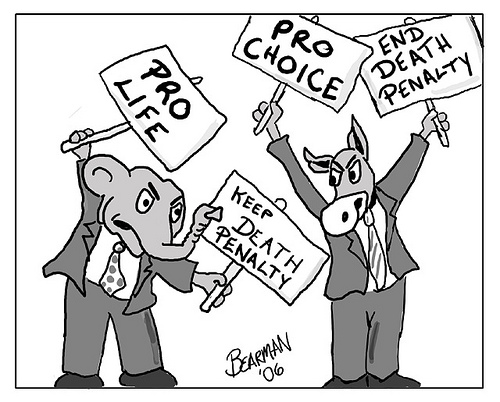

The problem with hindsight bias is that it can lead to poor decision-making, over-reliance on past results and simplifying outcomes.Īs with all biases, these are the mental shortcuts we take every day to make sense of the world. It can stop us from examining additional evidence. When we think ‘ we knew it all along’, we don’t stop to ask pertinent questions. We can become over-confident in our own abilities and judgments on the world. Hindsight bias can also fool us into thinking we know more than we do. “It’s often hard to convince seasoned decision-makers that they might fall prey to hindsight bias.” “If you feel like you knew it all along, it means you won’t stop to examine why something really happened,” says Roese. But there are problems with this cognitive bias. We predicted what was going to happen and it did happen. Balance is restored and the world is ordered again.Īs a result, ultimately, hindsight bias makes us feel good about ourselves and the world around us. Once again, we have made sense of the chaos of ordinary life. So we have doctored our memories to make sense of the event. Now the narrative is simple to understand it is much easier for us to see the outcome. Now we have processed the event with our cherry-picked bits of information we have our story that backs up our prediction. We then create a whole new narrative that is different from the actual event, thus allowing us to remember it the way we want to. When we look back at an event, our minds subconsciously cherry-pick the information we know to be true. So what is actually going on in our minds when we fall for the hindsight bias? Let’s examine each one of the three cognitive factors: Memory The Cognitive Processing That Leads to Hindsight Bias It is when the above three factors occur together that you are likely to see the hindsight bias. We assume that we could have foreseen the outcome of the event. When assessing something that has occurred, we assume it was bound to happen. We believe the event was inevitable and that it would happen. When we look back we think we knew the outcome all along. We distort or misremember the event and our predictions at that particular time. Research in 2012 from psychological scientists Roese and Vohs from the University of Minnesota suggests there are three cognitive factors that contribute to hindsight bias. You told everyone it was going to rain.īut Why Do We Fall into This Cognitive Trap? The weather forecast has a 10% chance of rain, but it does.


The political party you voted for in the last election loses drastically and you were convinced they would lose.Your football wins the World Cup trophy and you knew all along they would win.We might get a gut feeling or hope for a particular result, but there’s no way of really knowing. However, there’s no way we can possibly predict what is going to happen. When an event or experience is occurring we can guess to the possible outcomes. In other words, people overestimate how predictable an event is and subsequently believe they predicted it before it happened. In hindsight bias, we either revise the probabilities after the event, or we exaggerate the extent to which an event could have been predicted.


 0 kommentar(er)
0 kommentar(er)
